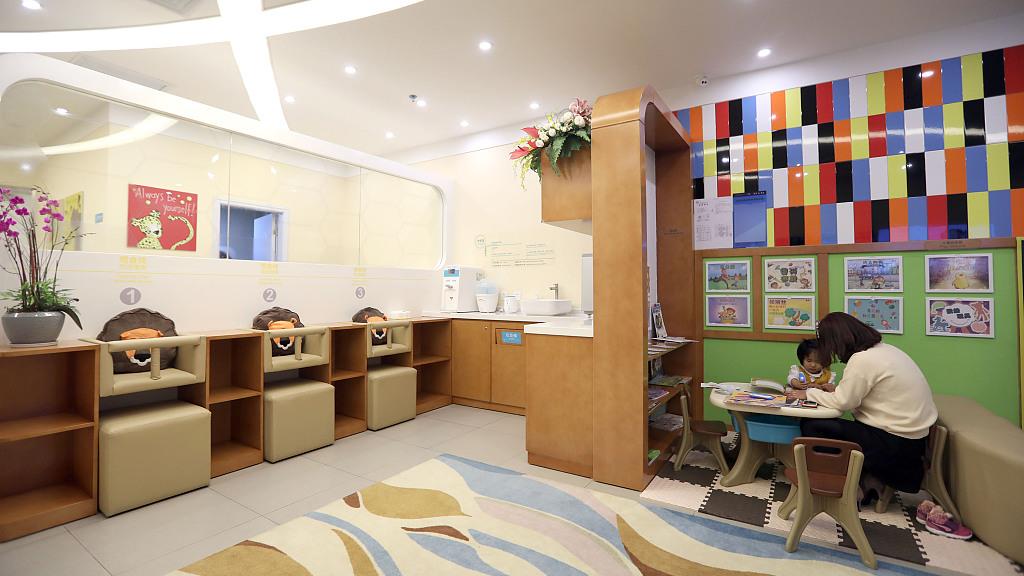Sanitation and hygiene are always important when we talk about World Toilet Day – an official United Nations international observance made every November 19. However, when it comes to people with special needs, using restrooms is more about fundamental rights, gender equality, education as well as dignity.
Family and accessible restrooms, both generally gender-neutral, are for those who need to be with their children or someone with mobility issues. We should realize that the vulnerable need more care in having this fundamental need accommodated.

A well-designed public restroom in Shanghai, China. /CFP
A well-designed public restroom in Shanghai, China. /CFP
The lack of public family restrooms has gained greater notice in recent years. China launched a series of guidelines in 2016 and 2017 to boost the construction of family restrooms and baby-care facilities.
"In regards to the standards of family restrooms, we are pushing forward to build more human-centered smart facilities. Baby changing tables, anti-skid tiles, heating system, privacy curtains and etc. are required to provide a perfect space for parents and kids," said an official at China's housing and urban-rural development ministry.
To date, 52,000 accessible lavatories have been built in China, making up 31.5 percent of all public restrooms in cities. Over 10,000 cities have established family and accessible restrooms in public spaces, like shopping malls, parks, transportation stations and libraries.

The flagship nursing room at Shenzhen International Airport. /CFP
The flagship nursing room at Shenzhen International Airport. /CFP
Tang Yuanqing, director of a Chinese family education institute, said family restrooms should at least offer enough space for parents to feed a baby, change diapers, and for kids to use the toilet. "It would be ideal to have such a space that is neither embarrassing dad or mom when they help the kid use the toilet, nor to cramp the family," Tang said.
According to China's housing and urban-rural development ministry, within city and county areas, the total number of public restrooms has reached over 370,000. Around 165,000 are in major cities, an increase of 21.4 percent compared with 2017. In counties and county-level cities, the number has grown to 55,000, an increase of 21.3 percent from 2017.

